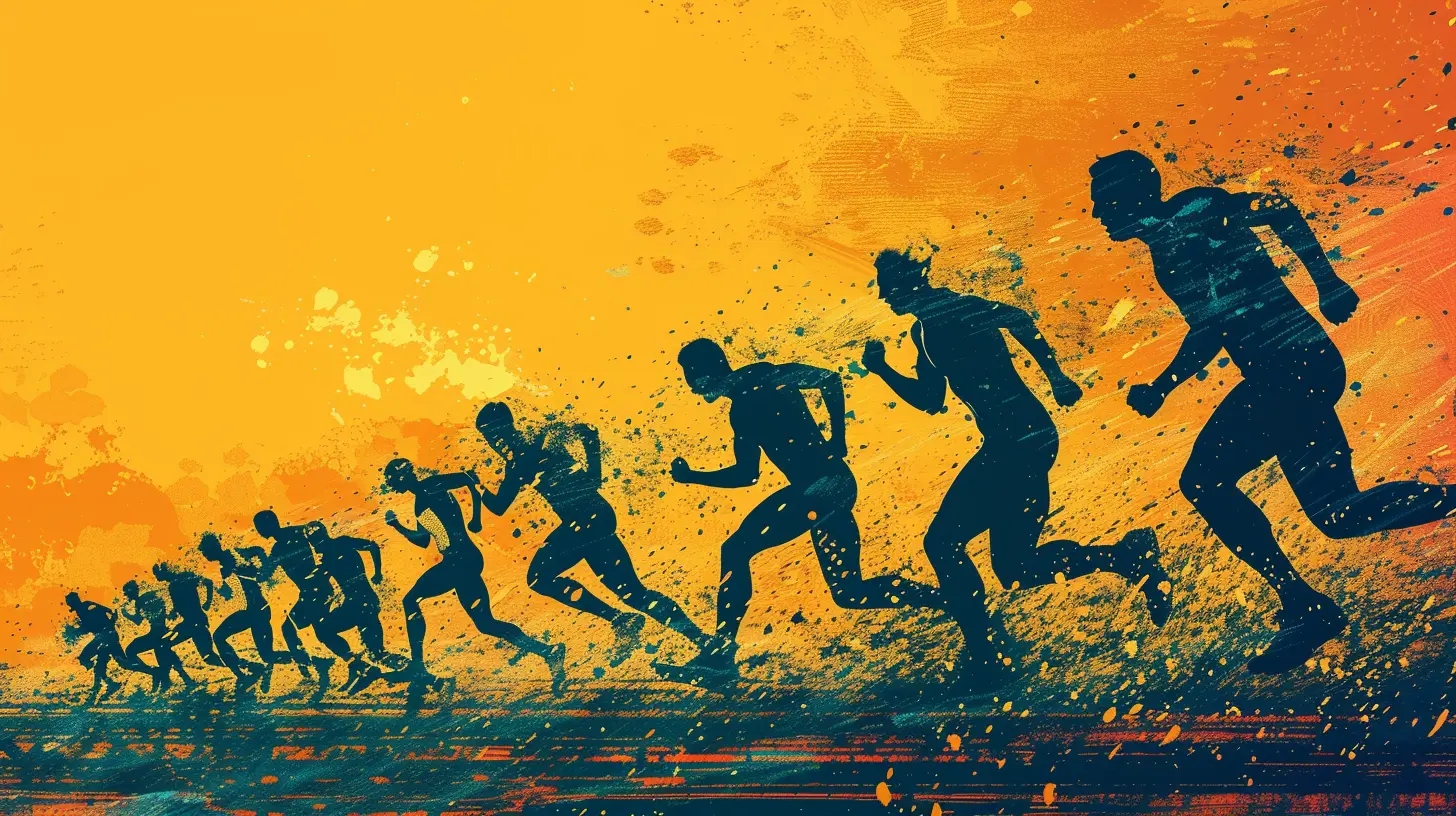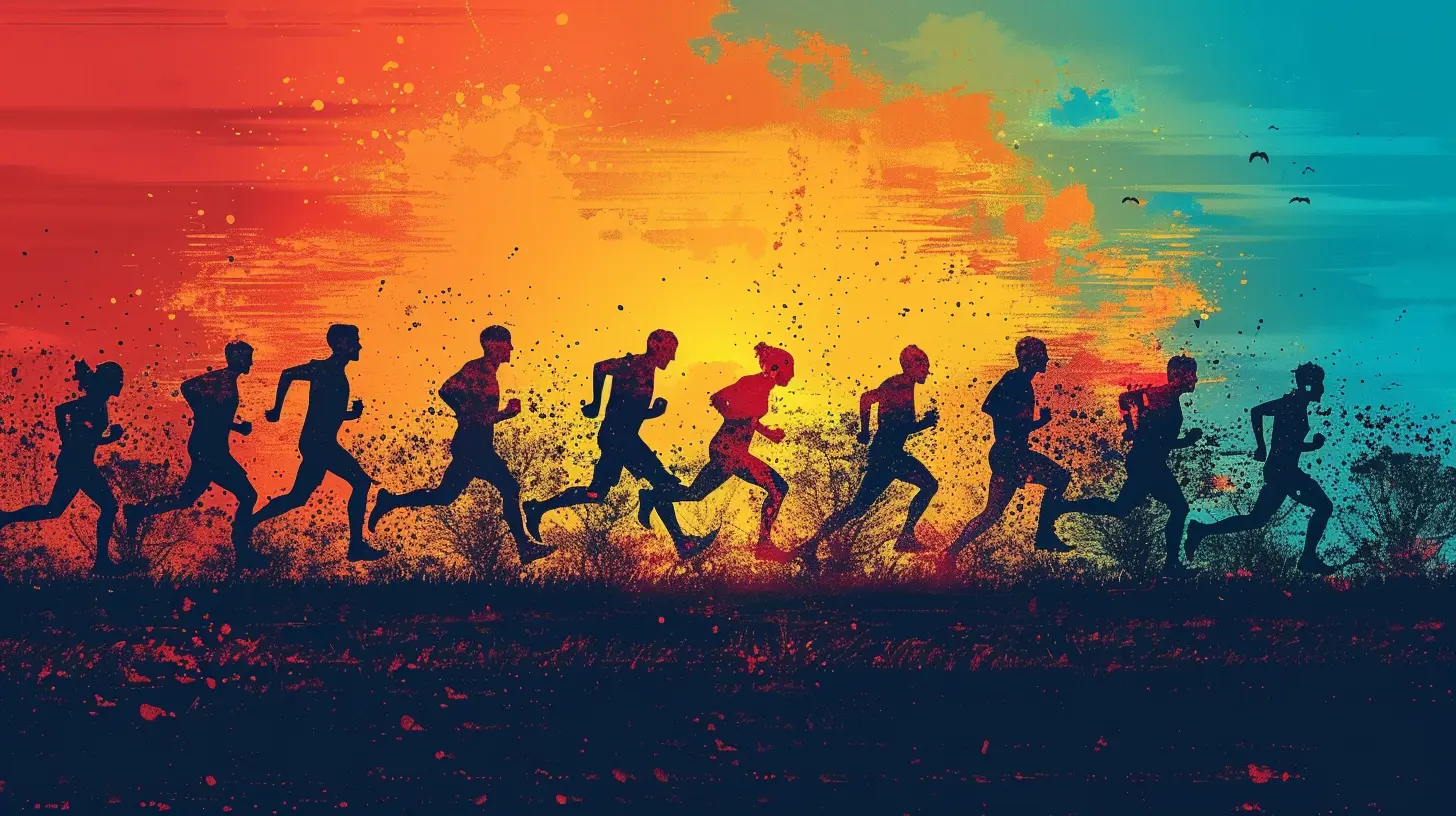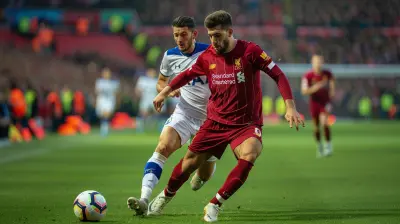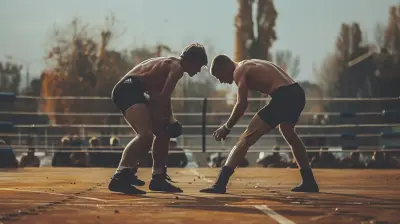The Evolution of Coaching: Adapting to the Modern Athlete
1 October 2025
Coaching isn’t just about blowing whistles and drawing plays on a whiteboard anymore. It’s evolved, transformed, and, let’s be real—it had to. The athletes of today are not the same as those from even a decade ago. They're faster, stronger, smarter, and most importantly—they're human beings with unique needs, emotions, and mindsets.
So, what exactly does that mean for coaching? How have coaches adapted to the modern athlete’s mindset, lifestyle, and goals? And what can we learn from this radical shift in sports leadership?
Let’s dive in and unpack the evolution of coaching in today’s ever-changing sports world.
From Dictator to Collaborator: The Coach’s Changing Role
Back in the day, coaches were seen as authoritarian figures—commanders of the game. Athletes were expected to follow directions, no questions asked. It was all about “my way or the highway.” That old-school style, while effective for some, didn’t leave much room for communication or individual growth.Fast forward to today, and it’s almost a different job altogether. The modern coach is more of a guide, mentor, and sometimes even a therapist. They listen more, talk less (but more effectively), and collaborate with athletes rather than dictate to them.
Why the Shift?
Because today’s athletes demand it.They’ve grown up in a world flooded with information, instant feedback, and constant connection. They don’t just want to be told what to do—they want to understand why. Athletes today crave purpose, ownership, and trust. And coaches who don’t offer that? Well, let’s just say they don’t last long.
The Mental Game: It’s Not All Physical Anymore
You’ve probably heard it a hundred times: “Sports are 90% mental.” It’s become a cliché, but guess what? It’s true.Modern athletes face immense pressure—constant social media scrutiny, performance anxiety, and the fear of getting injured or burned out. Coaches today recognize that keeping athletes mentally strong is just as important as physical conditioning.
Mental Skills Training is In
Top-level programs now include sports psychologists, meditation sessions, visualization exercises, and emotional intelligence workshops. Coaches don’t just focus on squats and sprints—they help build resilience, focus, and confidence.Think about it: What’s the use of having the strongest bench press if your nerves take over on game day?
Data-Driven Coaching: The Numbers Game
Remember the days when coaches relied solely on gut feelings and experience? While intuition still plays a role, today’s coaching game is heavily influenced by data and analytics.Wearables, Apps, and Algorithms
Modern athletes often wear fitness trackers that monitor everything from heart rate variability to sleep patterns. Coaches use this data to tailor training programs, avoid overtraining, and ensure peak performance at the right time.Video analysis tools break down every movement in slow motion to pinpoint inefficiencies. Recovery times, hydration levels, GPS tracking—it’s all part of the equation now.
Does it sound a little like coaching’s gone full sci-fi? Maybe. But it’s also incredibly effective.
Communication is the MVP Skill
Let’s be honest: If coaches can’t communicate, they’re going to struggle.Today’s athletes don’t just want to be yelled at from the sidelines. They want to be heard, understood, and respected. Coaches now need to be master communicators—able to adapt their messaging to each individual player, provide constructive feedback, and build trust through authenticity.
Coaching the Individual in the Team
This is a big one. While the team dynamic is still crucial, coaches now realize that athletes are not one-size-fits-all. Motivation, learning styles, personalities—they all differ.Some players want detailed feedback. Others need encouragement. Some prefer video sessions, while others thrive in hands-on drills. Coaches who take the time to understand these nuances see stronger performance and better relationships.
The Rise of Player Empowerment
Empowerment is more than a buzzword—it’s a fundamental shift in the coaching-athlete dynamic.Athletes Taking the Lead
Modern coaching encourages athletes to be part of the process. Whether it’s setting goals, co-creating practice plans, or offering input on team culture, athletes are more involved than ever.This doesn’t mean the coach loses control; it means athletes have ownership of their journey. And when people feel ownership, they bring more passion and commitment. It’s a win-win.
Coaching Beyond the Sport
Perhaps one of the most beautiful parts of coaching’s evolution is how it extends beyond the court, field, or gym.Life Coaching Through Sports
Modern coaches are becoming life mentors—helping athletes navigate school, relationships, mental health, social issues, and even career transitions. They recognize that what happens off the field directly impacts performance on it.Ever heard stories of coaches driving their players to job interviews, helping with college applications, or just being a trusted ear to vent to? That’s not extra—it’s the norm in many programs now.
And guess what? It creates unbreakable bonds and lifelong respect.
Embracing Diversity and Inclusion
The modern athlete comes from every background imaginable. Races, genders, orientations, socioeconomic statuses—sports have never been more diverse.Coaching the Whole Human
Coaches today are embracing this diversity, educating themselves on unconscious bias, inclusive language, and cultural sensitivity. They’re learning to lead with empathy and open-mindedness, creating safe spaces where every athlete feels seen and valued.Gone are the days of “toughen up” or brushing off real-world issues. Today’s coaches meet athletes where they are—and lift them up.
Tech is Changing the Way Coaches Learn, Too
It’s not just athletes benefiting from tech. Coaches are learning, networking, and evolving faster than ever thanks to online platforms, webinars, virtual clinics, and AI-powered tools.Want to break down your opponent’s defense with next-level insights? There’s software for that.
Need to compare real-time biometrics between training sessions? Yep, that exists too.
Lifelong Learning is the New Standard
The best coaches stay students of the game. They read, watch film, attend clinics, and constantly seek feedback. Coaching used to be a fixed skillset. Now, it’s a dynamic, always-evolving craft.Challenges of Coaching the Modern Athlete
Let’s not sugarcoat it—coaching today isn’t all sunshine and stat sheets. It comes with its fair share of challenges.Constant Connectivity
Athletes are always online, meaning distractions and opinions are everywhere. Coaches have to help athletes navigate social media, criticism, and mental fatigue from being “always on.”Shorter Attention Spans
With fast-paced, dopamine-filled apps, maintaining focus in practice can be tough. Coaches need to innovate their drills and keep things fresh.Balancing Toughness with Compassion
Being soft won’t work. But being harsh doesn’t either. Walking that fine line between holding athletes accountable and showing genuine care? It’s an art—and not an easy one.What the Future Holds
As sports continue to evolve, so too will coaching. It’ll become even more interdisciplinary, blending science, psychology, and technology into one incredible, human-centered approach.We’re likely to see:
- AI-powered personal training programs
- Virtual reality simulations
- Mental health integrated into daily routines
- Hyper-customized performance plans
- Coaches trained in emotional intelligence and trauma-informed care
But above all, the foundation will remain the same: building relationships, developing people, and unleashing potential—in sport and in life.
Final Thoughts
The evolution of coaching has been nothing short of revolutionary. And in many ways, it’s only just getting started.The modern athlete demands more—not just physically, but mentally, emotionally, and relationally. And coaches who rise to meet that challenge? They’re not just changing sports—they’re changing lives.
So, if you're a coach—old school, new school, or somewhere in between—remember this: the measure of a great coach today isn’t just in wins, but in the growth, trust, and transformation they ignite in every athlete they touch.
Now that’s what we call a game-changer.
all images in this post were generated using AI tools
Category:
Coach ProfilesAuthor:

Frankie Bailey
Discussion
rate this article
1 comments
Betsy McIntosh
This article insightfully highlights how coaching has transformed to prioritize the individual needs of modern athletes. Embracing technology and psychological strategies has become essential for effective mentorship in today’s sports landscape.
October 14, 2025 at 2:37 AM

Frankie Bailey
Thank you for your insightful comment! I'm glad you found the article highlights the importance of individual needs and modern strategies in coaching.


